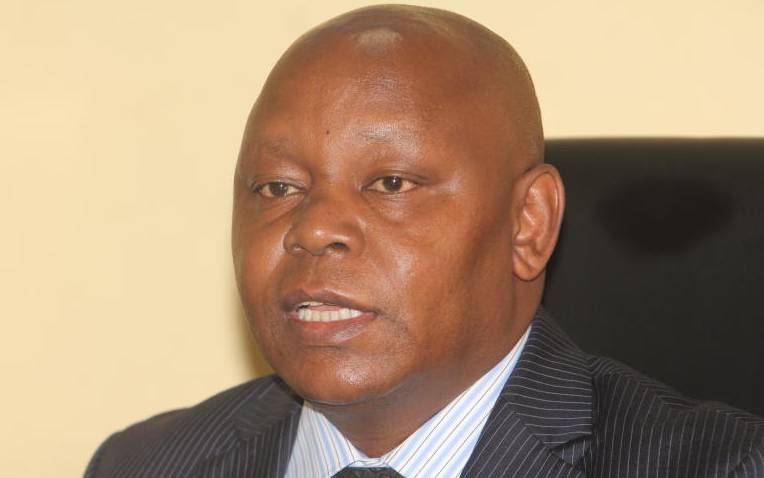×
The Standard e-Paper
Stay Informed, Even Offline

Lawyer Paul Gicheru’s first appearance before the International Criminal Court (ICC) pre-trial chamber will be the start of a battle his family felt was inevitable.
The lawyer will be without a representative, starting the clock to his fate – either an acquittal or jail term.